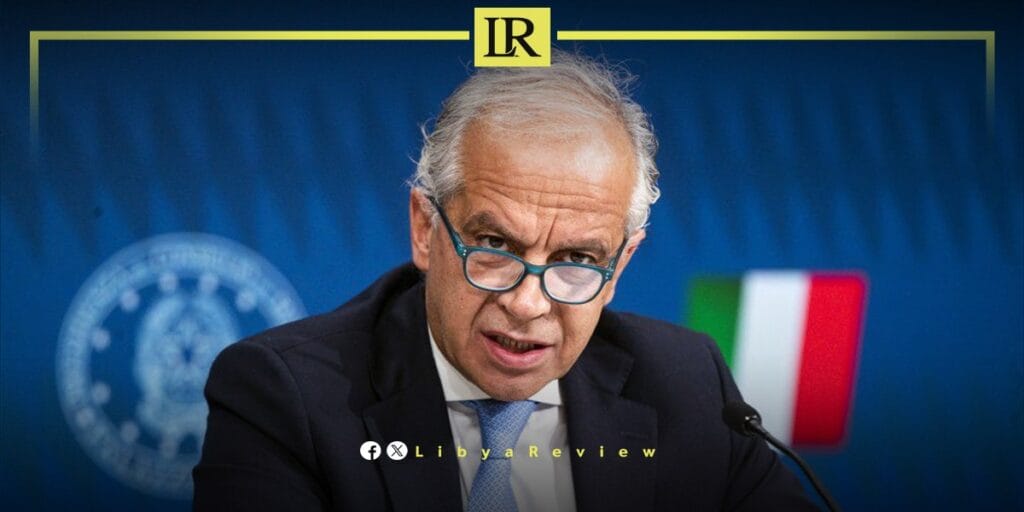Italian Interior Minister Matteo Piantedosi has stressed that managing demographics and controlling migration flows are essential conditions for advancing the memorandum of understanding (MoU) between Italy and Libya.
Speaking to Il Mattino newspaper, Piantedosi described the renewal of the migration MoU with Libya as “an indispensable tool” for continuing Italy’s national strategy against migrant smuggling and preventing departures from the Libyan coast. He said most of the Italian government’s actions fall under this agreement, enhancing its effectiveness and ensuring it aligns with the fundamental goal of protecting human rights.
The minister explained that preventing dangerous sea crossings organised by human traffickers “is precisely what it means to protect human rights.” He acknowledged the complexity of managing migration but noted that dialogue with Libya remains ongoing and could serve as a model for other African nations “based on mutual respect.”
“We want to turn routes of death into routes of life,” Piantedosi said. “We already have examples of success. Agreements signed with countries such as Côte d’Ivoire have significantly reduced irregular arrivals while creating legal pathways for employment. We have done this in Southeast Asia and intend to replicate it with other key African countries.”
He added that Italy’s presence in the Mediterranean region is strategic for the security and stability of the area, as well as a tangible sign of cooperation with key partner nations to combat illegal migration, arms and drug trafficking, and terrorism.
Piantedosi said the new Mediterranean Pact would strengthen collaboration among Mediterranean countries and create a shared area of growth. He emphasised that Italy, given its geography, sees Africa as a strategic priority. Through the Mattei Plan, Rome has pushed Africa back to the centre of Europe’s political and economic agenda.


